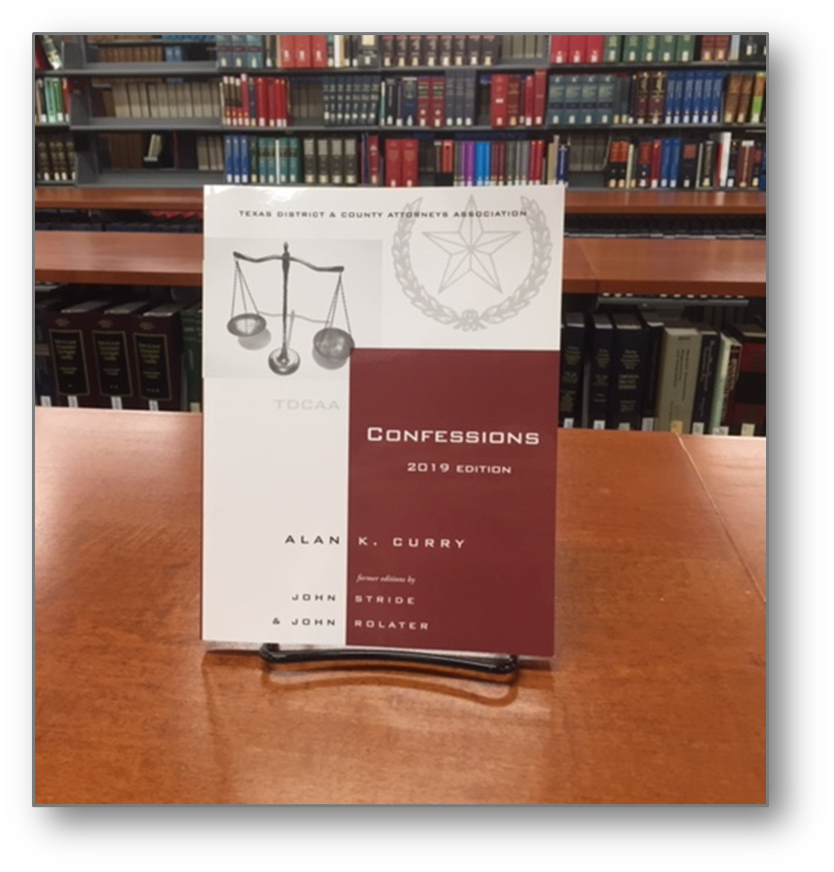As the public law library for Space City, we’ve taken a special interest in space law. And there are plenty of interesting things in Texas law about space, including the Texas Administrative Code provision pictured here on procedures for astronauts to vote from outer space! Celebrate National Space Day by taking a look at the Harris County Law Library’s accumulated knowledge of space law via the links below:
Space Laws
The National Aeronautics and Space Act of 1958, contained in the United States Statues at Large, Pub. L. No. 85-568, 72 Stat. 426-438, established NASA and marked America’s official entry into the Space Race.
The Code of Federal Regulations, Title 14: Aeronautics and Space details the purpose, function, and organization of NASA as mandated by Congress.
To accommodate the large number of astronauts who live in Texas, the Secretary of State adopted special rules, spelled out in the Texas Administrative Code §81.35, that authorize NASA to implement procedures for casting ballots in outer space.
The Outer Space Treaty, the multilateral agreement that established the governance of state activities in the exploration and use of outer space, was signed by more than 100 countries. It was first proposed by the United Nations Committee on the Peaceful Uses of Outer Space in August of 1966, making this the 50th anniversary of its conception.










